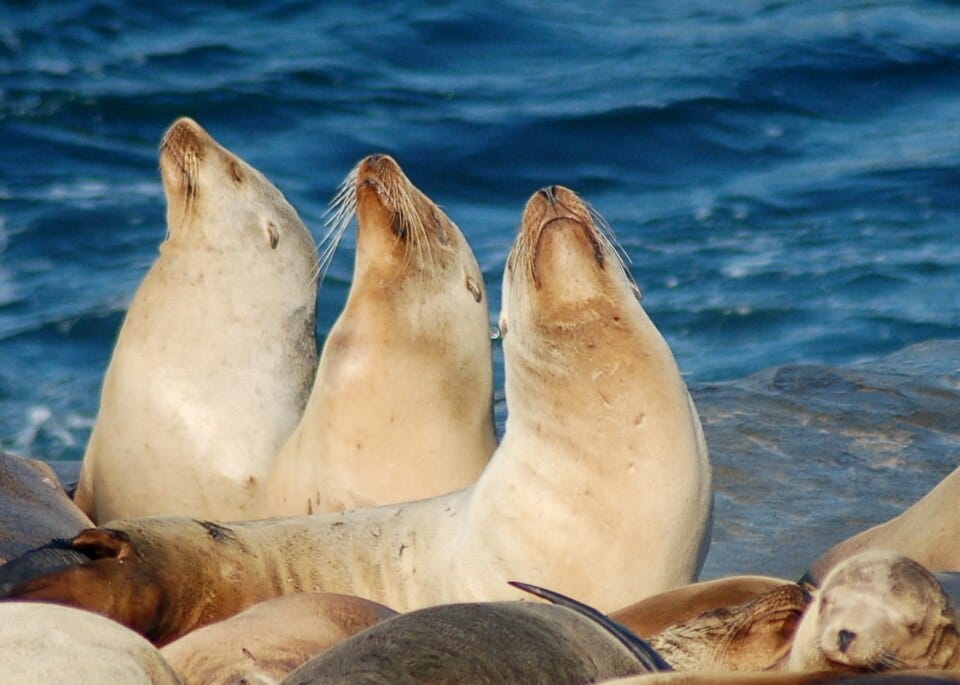Nigeria's biggest ever wildlife bust; China and South Korea in key fishing agreement
News and updates from the week in the world of wildlife crime.
Nigeria: More than 1,600 birds were seized in what has been called the largest wildlife-trafficking bust ever conducted in Nigeria. The seizure took place in late July when suspicion was raised over improper paperwork and permits. The species involved included ring-necked parrots and yellow-fronted canaries. The birds will be released back into the wild after a period of rehabilitation. (BBC)
Peru: Biodiversity in the Paracas Marine Reserve is being threatened by illegal fishing as well as a lack of oversight, according to research by a Peruvian marine institute. The region is a refuge for a large number of species, including sea lions, dolphins and migratory birds. The research warns that informal activities, including the use of explosives, are threatening the region. (Seafood Source)
China: China and South Korea have signed an agreement to boost their efforts to crack down on illegal fishing in shared waters. Ministers in Seoul also called on Beijing counterparts to do more to tackle Chinese ships that engage in illegal activities. Under the agreement China has agreed to accept all Chinese vessels stopped for violating regulations in Korean waters. (Korea Herald)

New Zealand: Three endangered sea lions were shot dead in Canterbury, New Zealand this weekend. Two died immediately, while a third suffered injuries so severe it had to be euthanised, according to local police officers who described the incident as “upsetting”. Under New Zealand law it is illegal to injure or kill protected wildlife. (1News)
Brazil: A man transporting 600 turtle hatchlings in suitcases on board a bus was allegedly planning to sell them at a street market in Rio de Janeiro. Hatchlings can fetch up to $125 each on the black market, but many are likely to have died because of the poor conditions they were transported in. (Noticias Ambientales)
Argentina: A police operation in the Argentine city of Mendoza found several handicraft and artisanal items sold to tourists made from the parts of protected wild animals. Claws, beaks, teeth and bones, apparently originating from wildlife in Brazil, had allegedly been used to make jewelry and other decorative objects. The parts came from animals including toucans, caimans and sharks, authorities said. (Noticias Ambientales)
South Africa: An American trophy hunter was killed by a buffalo during a hunting expedition in South Africa. Asher Watkins was a property executive from Dallas and was tracking the buffalo before it attacked him, according to his travel company. (World Animal Network)
USA: A jaguar used as a “photo prop” in hotels for selfies and then sold as a pet is recovering at a wildlife sanctuary in San Diego. Authorities charged two individuals related to the case but, in an example of the relatively light sentences for wildlife crimes, one of the perpetrators received just six months probation. (Fox 5)
Global: British organisation TRAFFIC will use AI to expand its Wildlife Trade Portal after the awarding of a grant by the Wolfson Foundation. The portal is an open-access database of wildlife trade seizures globally. Its data has been used by law enforcement agencies, researchers and journalists to detect patterns in global trade. (TRAFFIC)

